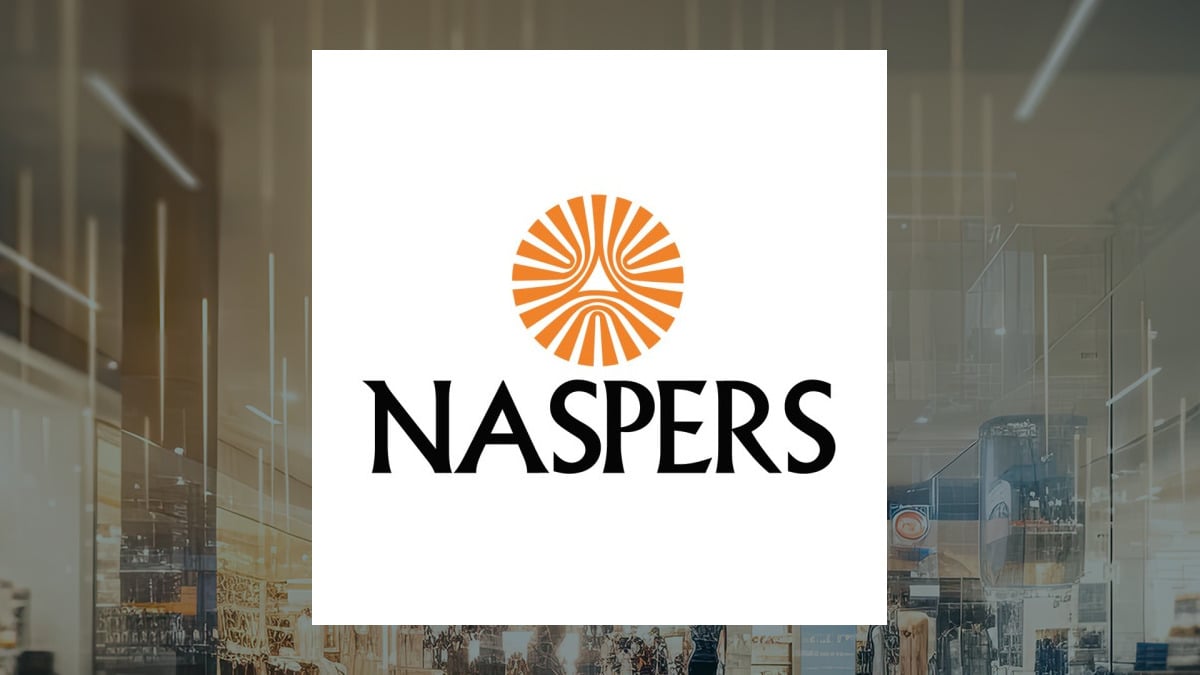Dubai seventh most expensive city globally for HNWIs, reveals report

Image: Getty Images/ For illustrative purposes
Dubai has climbed significantly to rank as the seventh most expensive city globally for high-net-worth individuals (HNWIs) in Julius Baer’s Global Wealth and Lifestyle Report 2025, marking a notable ascent from its 12th position in the previous year.
This rise, the largest within the Europe, Middle East, and Africa (EMEA) region, occurred despite only a marginal 1 per cent increase in average local currency prices, according to the report published by Julius Baer.
The report, released at a juncture of slowing global consumption and rising geopolitical tensions, indicates a shift in priorities for HNWIs towards longevity, both physical and financial.
Globally, the Julius Baer Lifestyle Index recorded an exceptional 2 per cent decline in prices in US dollar terms, with goods falling by 3.4 per cent and services modestly by 0.2 per cent.
Christian Gattiker, head of Research at Julius Baer, commented, “In light of ongoing uncertainty, trade tensions, and tariffs, our findings represent the final moment ‘before’ the current situation, and next year’s Global Wealth and Lifestyle Report will likely provide a fascinating ‘after’ perspective.”
The city ranking remains highly competitive. Singapore retained its position as the most expensive city for HNWIs globally, followed by London, which moved into second place, and Hong Kong in third.
Within EMEA, cities now account for more than half of the global top ten, with London leading the region, climbing to second place globally. Monaco and Zurich both moved up one position to fourth and fifth respectively. Dubai’s five-place jump to seventh consolidates its position as a serious challenger among traditional wealth hubs.
Milan and Frankfurt held their positions, while Paris fell slightly in the rankings. Johannesburg remained at the bottom despite some price increases.
Price developments within EMEA have been moderate overall, with local currency prices remaining stable or even falling in cities such as Zurich.
The region’s most notable price increase came in Paris, where rising travel and hospitality costs led to a 5 per cent year-on-year rise. Private education costs in London also surged, driven by recent legislative changes.
The cost of living for wealthy residents in Dubai saw notable increases in specific “big-ticket items.” Car prices rose by 13 per cent, and residential property values increased by 17 per cent. This aligns with Dubai’s real estate market experiencing exceptional growth in 2024, with property sales values rising 27 per cent year-on-year.
This surge reflects the city’s increasing appeal as a long-term residence for HNWIs and their families, many of whom have already relocated to the emirate.
The report highlights a continuing momentum of millionaires relocating to Dubai, a trend that began during the pandemic and is predicted to surpass inflows to all other countries.
According to a Henley & Partners report, the number of millionaires living in Dubai has risen by 102 per cent over the last decade due to increased residency applications.
Dubai’s attractiveness is further strengthened by its favourable tax environment, high quality of life, and forward-thinking residency programmes, including the golden and entrepreneur visas.
Its status as a leading global financial centre is also noted, with the Dubai International Financial Centre (DIFC) recording a 25 per cent increase in active companies operating there during 2024.
Middle Eastern HNWIs continue to demonstrate a strong appetite for both experiential and material luxury, particularly in premium hotels, luxury menswear, and fine dining. Business and leisure travel in the region also surged, with 53 per cent and 47 per cent of respondents, respectively, reporting increased activity.
Rishabh Saksena, co-head Global Asset Class Specialists at Julius Baer, stated that GCC economies remain resilient amidst global macroeconomic uncertainty. “While oil-related growth has moderated, the broader outlook for 2025 is positive, supported by robust non-oil performance, strong fiscal buffers, and a continued commitment to economic reform,” he said.
In the UAE, non-oil economy growth remains strong, with Abu Dhabi’s non-oil economy grew by 8.6 per cent in 2024, contributing over 55 per cent of GDP. Dubai continues to lead the region’s services and tourism rebound, with visitor numbers projected to exceed 22 million in 2025.
Dubai Airports, serving 92.3 million passengers in 2024, remains the world’s busiest for international travel, with an extensive upgrade to the city’s second airport underway.
The rise of financial centres like DIFC and Abu Dhabi Global Market (ADGM) underscores the UAE’s growing role as a regional hub for investment, private capital, and global finance.
These centres are increasingly at the forefront of innovation, particularly in the fields of digital assets, fintech, and AI, serving as new building blocks for diversified, future-ready economies.
The region is also experiencing a significant inflow of global talent and capital, recognising the GCC, particularly the UAE, as a safe and stable jurisdiction for families and wealth preservation, supported by long-term residency programs, advanced healthcare, high-quality education, and a pro-business environment.
Overall, the report showed that the Middle East, led by the GCC, is set to maintain strong fiscal and current account positions, even amidst external headwinds. Inflation remains among the lowest in emerging markets, while the region’s proactive approach to innovation, infrastructure, and investor confidence positions it as a key destination for growth in an increasingly fragmented global economy.
The Julius Baer lifestyle survey findings reveal a near-universal focus on longevity among HNWIs, with 87 per cent (North America) to 100 per cent (APAC) actively taking steps to extend their lifespan.
Financial longevity has also gained critical importance. Wealth creation remains the top priority globally, but wealth preservation has gained importance, especially in Europe and North America.
In contrast, HNWIs in APAC, the Middle East, and Latin America continue to embrace higher risk levels and diversify portfolios, with real estate (18 per cent) and equities (13 per cent) being preferred asset classes in the Middle East.
Overall, the report confirms an ongoing shift from material consumption towards experiences, with demand for fine dining, exclusive travel, and curated experiences remaining robust. This reflects a broader evolution in how HNWIs define luxury, focusing increasingly on lifestyle, wellbeing, and meaningful experiences over possessions.
You may also like...
Diddy's Legal Troubles & Racketeering Trial

Music mogul Sean 'Diddy' Combs was acquitted of sex trafficking and racketeering charges but convicted on transportation...
Thomas Partey Faces Rape & Sexual Assault Charges

Former Arsenal midfielder Thomas Partey has been formally charged with multiple counts of rape and sexual assault by UK ...
Nigeria Universities Changes Admission Policies

JAMB has clarified its admission policies, rectifying a student's status, reiterating the necessity of its Central Admis...
Ghana's Economic Reforms & Gold Sector Initiatives

Ghana is undertaking a comprehensive economic overhaul with President John Dramani Mahama's 24-Hour Economy and Accelera...
WAFCON 2024 African Women's Football Tournament

The 2024 Women's Africa Cup of Nations opened with thrilling matches, seeing Nigeria's Super Falcons secure a dominant 3...
Emergence & Dynamics of Nigeria's ADC Coalition

A new opposition coalition, led by the African Democratic Congress (ADC), is emerging to challenge President Bola Ahmed ...
Demise of Olubadan of Ibadanland
Oba Owolabi Olakulehin, the 43rd Olubadan of Ibadanland, has died at 90, concluding a life of distinguished service in t...
Death of Nigerian Goalkeeping Legend Peter Rufai

Nigerian football mourns the death of legendary Super Eagles goalkeeper Peter Rufai, who passed away at 61. Known as 'Do...





